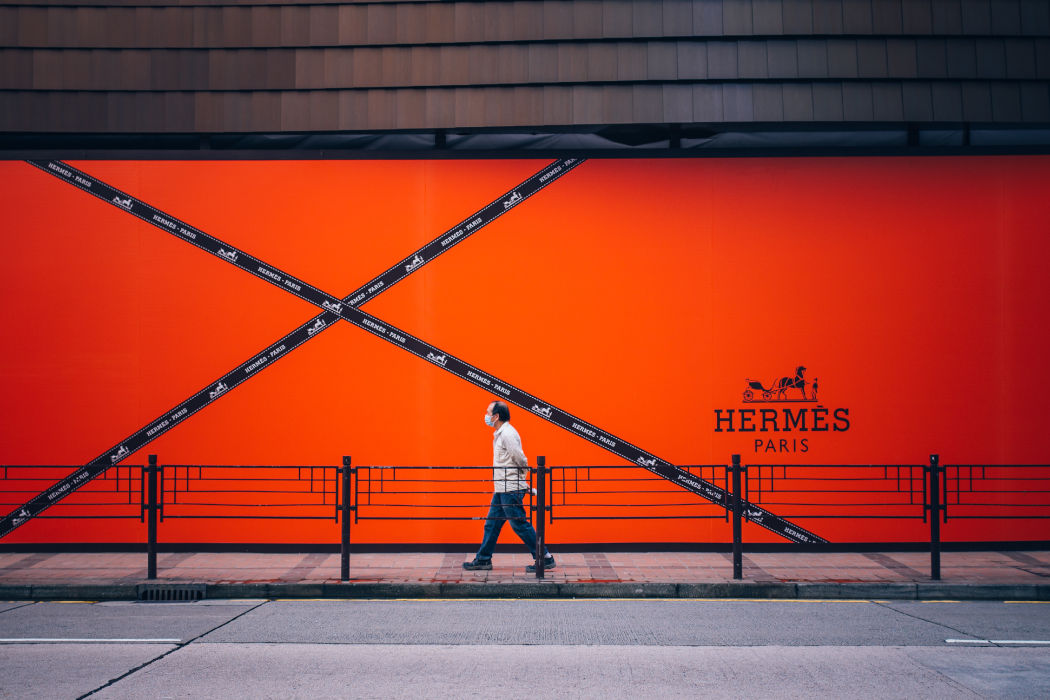The Idea of Hermès Starting an NT Crocodile Farm is Receiving Criticism
The crocodile farm is drawing the ire of animal rights groups

Hermès is planning to open the largest crocodile farm in Northern Territory, Australia and is receiving criticism for the move. The luxury brand, which is known for creating highly coveted leather handbags wants to open the farm to buttress the supply of exotic skins. The Australian government has approved the plan shared by Hermès, but some people are not happy about it. Read on for the details.
This crocodile farm planned by Hermès will begin with just 4,000 crocodile and would grow to 50,000 with time. The congregation might create 15,000 skins every year that will be used in different designs.
It is not the first time Hermès has done anything like this. The brand and other luxury brands like Kering and LVMH have spent many years in buying farms and tanneries to ensure that they meet the rising global demand for luxury products. Though the luxury businesses are down due to the coronavirus pandemic, the e-commerce business is still booming as people still want to buy rare leather goods.
As expected, Hermès idea of starting an crocodile farm is drawing the ire of animal rights groups who think that using exotic skins is not a good idea. Critics are highlighting and appreciating the moves made by brands like Chanel, which have tried to move away from animal cruelty by adopting policies that forbid the use of such materials.
Nicola Beynon from the Humane Society International said: “Consumers and fashion houses are walking away from animal cruelty as fast as they can.”
Dr Jed Goodfellow who works as a senior policy officer at RSPCA Australia stated that the society still opposes the idea of killing any animal “where the purpose of their death is primarily to produce a non-essential luxury item like fur or skin”. He added that RSPCA was not aware of any animal welfare practices that will be done on the planned farm.
He also highlighted the welfare risks that crop up by doing crocodile farming in intensive conditions. The risks highlighted were “injuries from close confinement, small individual penning arrangements, and the impacts of restraint and slaughter methods”.
It would be interesting to see how Hermès deals with all this criticism.
Share this on social media














